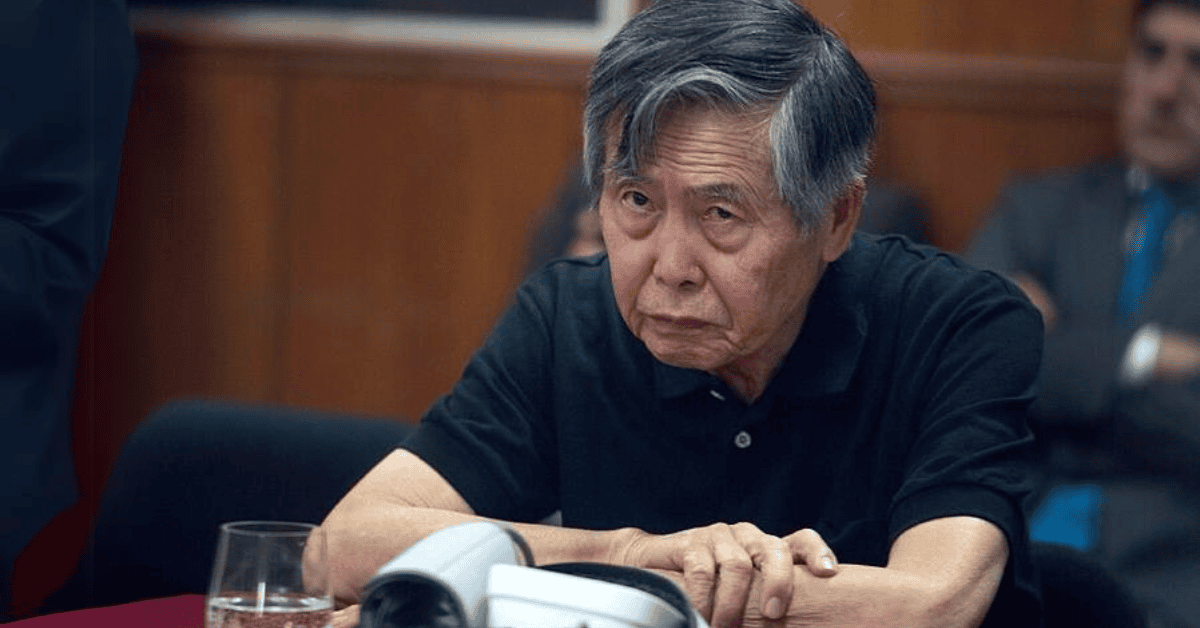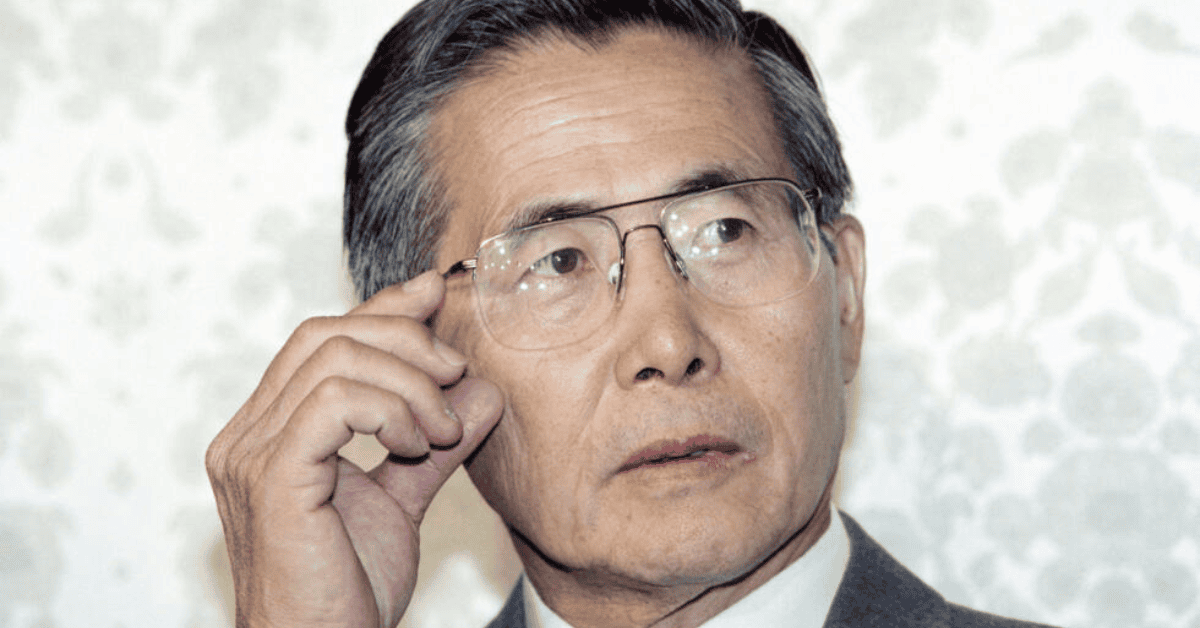On 11th September 2024, Alberto Kenya Fujimori Inomoto, the former President of Peru, passed away at the age of 86 in Lima, Peru. His political and economic legacy continues to have a profound influence on the country. Fujimori served as the 54th President of Peru from 1990 to 2000, leaving behind a complex history that shaped modern Peru.
Key Details of Alberto Fujimori’s Life and Career
- Date of Birth: Born in Lima, Peru, on 28th July 1938, Fujimori came from a family of Japanese immigrants.
- Presidency: Fujimori served two consecutive five-year terms as President of Peru, from 1990 to 2000.
- Age at Death: Alberto Fujimori passed away at the age of 86 in Lima, Peru on 11th September 2024.
Also Watch: 7 Surprising Facts You Didn’t Know about Hanumankind’s ‘Big Dawgs’
Political Journey of Alberto Fujimori
- Entry into Politics: Fujimori’s political career began in 1989 when he founded the political party Cambio 90 (Change 90) to challenge the status quo in Peru.
- Presidential Elections: In 1990, he won the presidential election, marking a significant shift in Peruvian politics. His victory was followed by a re-election in 1995.
- Controversial Leadership: Fujimori was known for implementing drastic neoliberal economic policies, popularly known as “Fujishock,” which restored economic stability to Peru.

Legal and Human Rights Issues
- Imprisonment: Fujimori’s presidency ended in controversy. In 2009, he was sentenced to 25 years in prison for human rights abuses, including his involvement in authorising killings carried out by death squads in Peru.
- Later Years: Although sentenced, Fujimori was later released from prison. His presidency and legal battles remain contentious topics in Peru’s history.
Fujimori’s Legacy in Peru
- Economic Impact: Despite controversies, Fujimori’s economic policies are credited with stabilizing Peru’s economy, bringing down inflation, and modernizing key sectors. His governance had a lasting effect on the political and economic landscape of Peru.
- Human Rights Violations: His rule was marked by numerous human rights violations that continue to influence Peru’s political discourse.
Conclusion
Alberto Fujimori’s death marks the end of an era in Peru’s political history. A leader who left an indelible mark on the country, his legacy is one of both economic reform and deep controversy. The people of Peru will long debate his impact, as his policies and leadership continue to shape the nation’s modern identity.

